A 28-year old self-taught Jazz-Blues Guitarist/Singer-Songwriter, Aayushi Karnik started playing guitar at the age of 12. She studied jazz guitar at New York’s feted The Julliard School. She found her calling after in the Blues while during a break from Architecture Studies. Now a seasoned member of New York’s thriving jazz circuit, Aayushi has performed alongside Indian guitar greats such as Rudy Wallang and Sanjay Divecha and has worked with musicians like Geoffrey Keezer, Christian McBride and Ron Blake and released albums like The Summer Children, and blues/rock record Troublemaker.
(June 15, 2023) As a kid, Aayushi had her headphones on all the time, escaping into a musical world of her own. To her, relaxation meant playing music, writing songs and learning things about music through internet.
Aayushi would do this as a hobby but while studying architecture, she gravitated even more strongly towards music. “It was during my one-year break that I became inclined towards music and started to practice guitar more aggressively as compared to when I was in Architecture school,” she tells Global Indian, adding, “I was supposed to go for my undergraduate studies and I almost went in that direction after having topped the entrance exam for the universities but something pulled me against doing that.”
Growing up in Surat, Gujarat, in a family of architects, Aayushi intended to follow in her father’s footsteps, and music was not remotely part of the plan. “I wanted to be an architect just like my father and be a really good one for that matter. My schooling was at a Convent in Surat all the way through 10th grade and then I went to an Architecture prep school as I was very clear what I wanted to do, at least then,” she says.
The musical expedition
Things started to change after she applied for a guitar competition in Nagaland. “That led to me making friends in music outside of my hometown.” She began to see herself as a musician, spending hours practicing music. Her only goal was to write music and get better each day, she says. “I had created a space of escape, even when I was in high school. Forming my first band was a big moment.”
Intrigued by her own capabilities, Aayushi Karnik attempted to make the sounds that come out of her iPod and kept chasing it. “Song writing was something that I did for fun. Just like sketching, gardening, foraging, riding my scooter and other stuff that gave me pleasure. Again that low pressure space where people aren’t fighting for affirmation was something that shaped the beginnings of my musical education.”
View this post on Instagram
Making it to Juilliard
“After studying at home for a while and being guided by a fellow musician, Floyd Fernandes, I decided to apply to colleges in the US which I thought would challenge me.” On this list was on The Julliard School, one of the top schools in the world for music, and an ambitious choice for an untrained musician.
She got a call back from Juilliard and even as she went through her final audition round, Aayushi Karnik still didn’t allow herself to get her hopes up, as being able to read and write music was one of the main requirements for admission. “I didn’t grow up with an infrastructure of a well-organised music program throughout my entire schooling. But from what I’ve heard, it was the director of Juilliard Jazz, Wynton Marsalis, who insisted that I be admitted. I was able to pursue my education because of a full scholarship.”
Knowing the craft of different genres and styles, she began her journey as a singer-songwriter. “First a singer-songwriter, then a blues musician and then a few years before I went to Juilliard, I was studying jazz with Floyd Fernandes. Currently, I am working on an album with my Folk Band, Summer Children and also writing for my Indie/Rock group. I also write in the context of Modern Jazz but that project is more of a work in progress for me at the moment,” Aayushi says.
Trying to be heard
Aayushi Karnik now calls New York City her home, and is now a well-known face in the city’s thriving jazz circuit. “New York City has been very inclusive and welcomes folks from all over when it comes to the arts,” the musician remarks.
Even so, while writing music and playing sessions for other musicians have helped her build a reputation, being heard on a larger scale has been a challenge. Aayushi admits that she didn’t have the option of choosing the ‘conventional’ route with playing music in the Jazz scene in New York.

Aayushi Karnik, the Indian blues guitarist taking NYC by storm.
“Even if I did, I would have bored myself eventually. The friction I am experiencing is just the price one has to pay when they are trying to experiment with things that are not usually done,” says Aayushi. “ I manage to be fine with it as I am lucky enough to find great musicians that are invested in my projects,” she adds.
Experiences onstage
At the top of Aayushi’s list of most memorable musical moments is playing with Christian McBride’s band in the summer of 2022. Another is playing with Geoffrey Keezer’s band during his album release at Dizzy’s Club in New York City.” Performing with her folk quartet, she says, is a treat always. Aayushi is dedicating her time to writing music with her folk band, and hopes to take the ensemble on tour within the next year.
As she ponders her future, the maverick musician calls herself “tri-polar,” with regard to the music she likes to play. “If I keep my folk band, an Indie Rock/Blues trio and a Modern Jazz Band going, I’d say I am doing my job efficiently,” she says.
“It doesn’t matter where you’re from as long as you sound good,” says Aayushi, adding, “I can speak for the East Coast as I have been here for the last five years. It doesn’t matter where you are from as long as you sound good,” she says, adding, “Folks do try to be inclusive but my philosophy has been that music is for listening and not seeing so at the end of the day I have had the luxury to live up to my philosophy and I am grateful for that.”
View this post on Instagram
Different lands and lives
The moment she stepped into NYC for her auditions, she knew this was home. “Sure there are cultural nuances to every place you go to as to what people have for breakfast to how they talk but I think I was young and adapted to all of it in no time,” she explains.
If cultural adaptation wasn’t a challenge, finding her way to the right musical circles was tough. She managed to navigate her way though, and has found her footing as a composer.
Take aways
- Learn the tradition but don’t let it drive you.
- Challenge the preconceived ways of doing things even if it scares or isolates you.
Discover more fascinating Stories


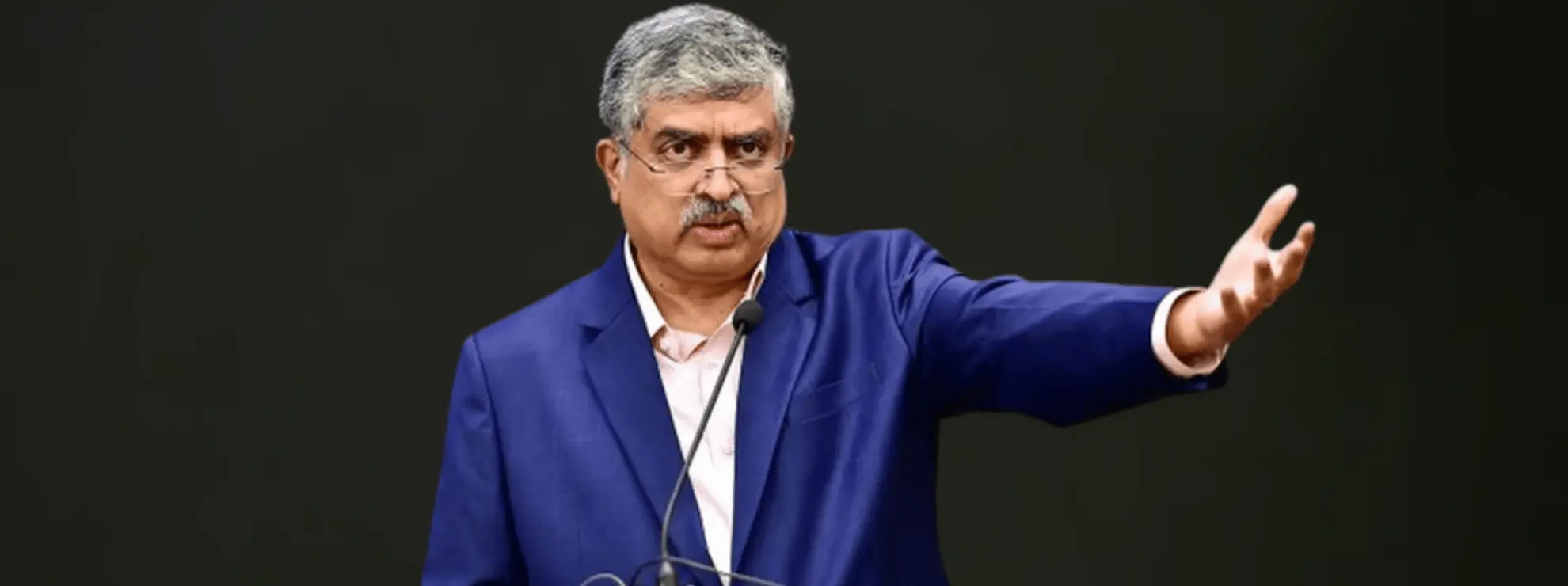
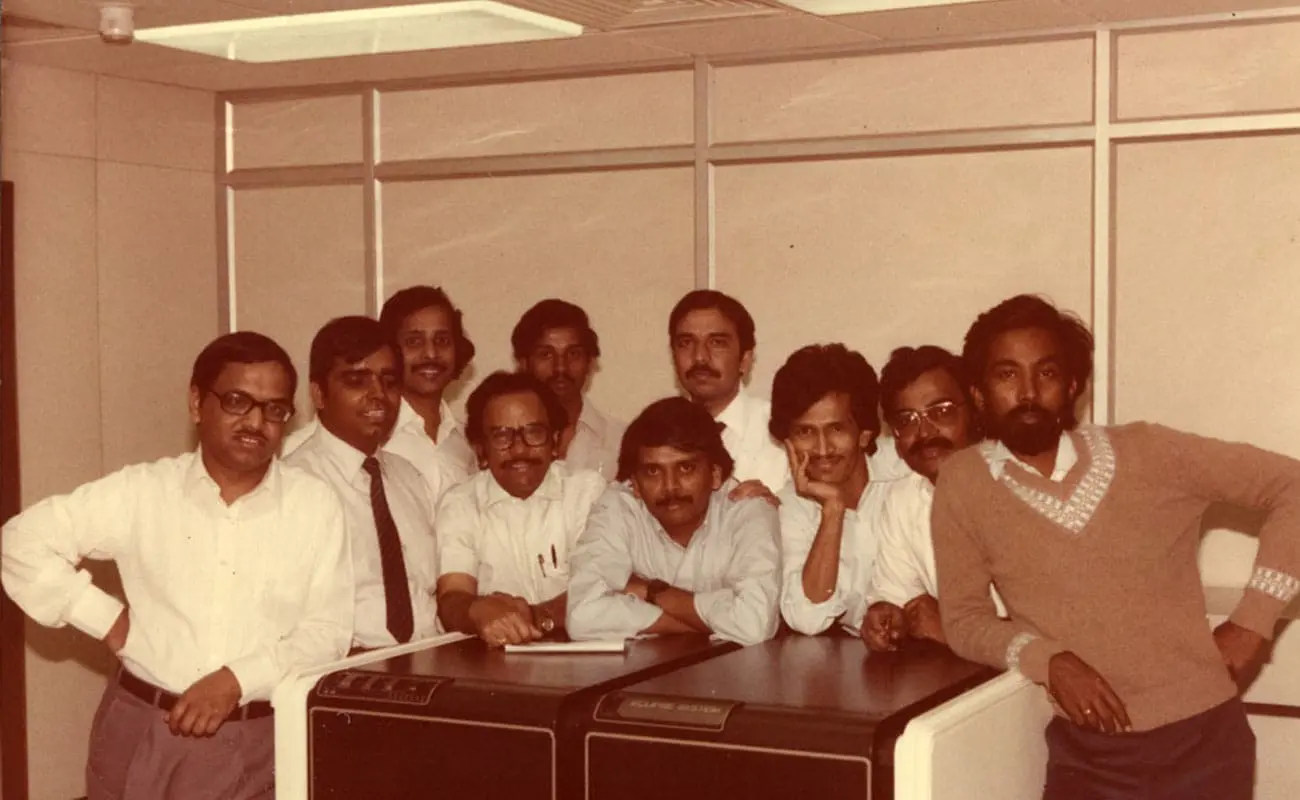 The co-founders of Infosys[/caption]
The co-founders of Infosys[/caption]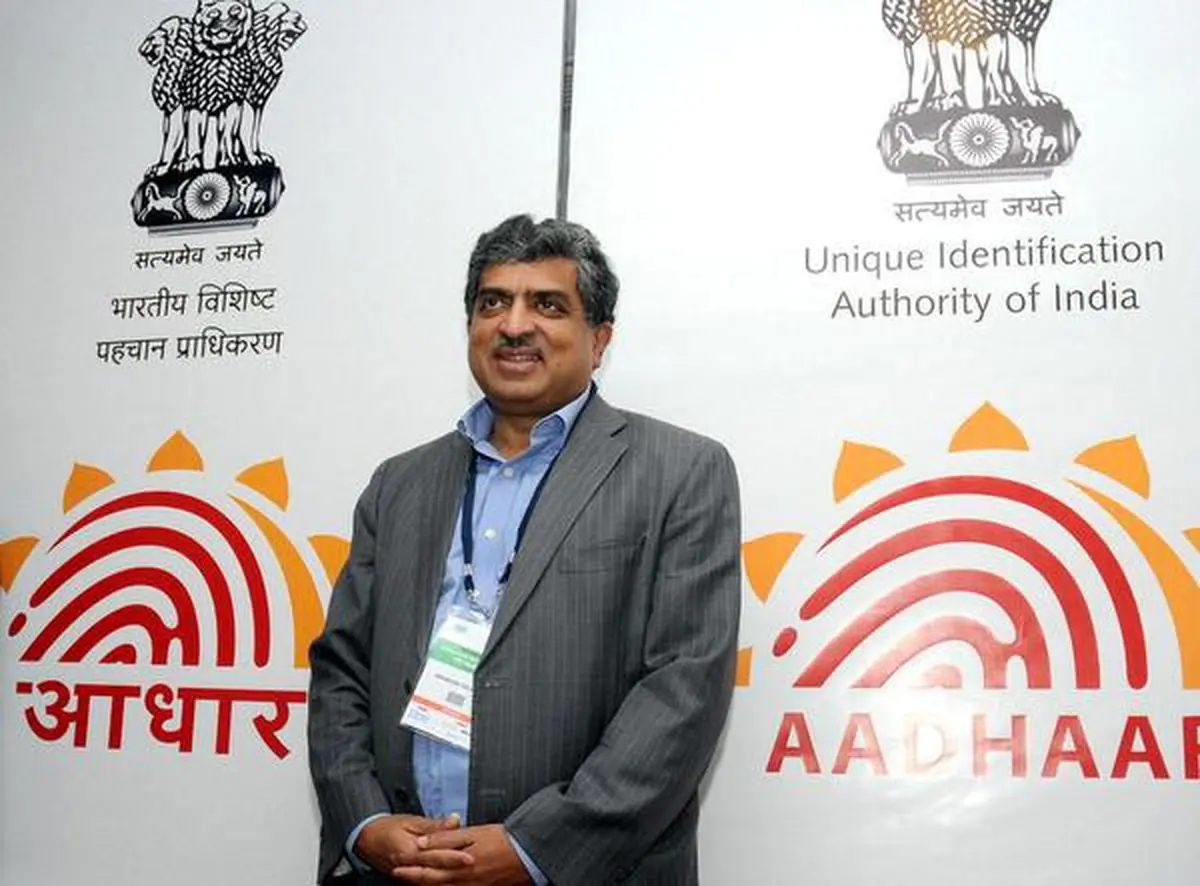
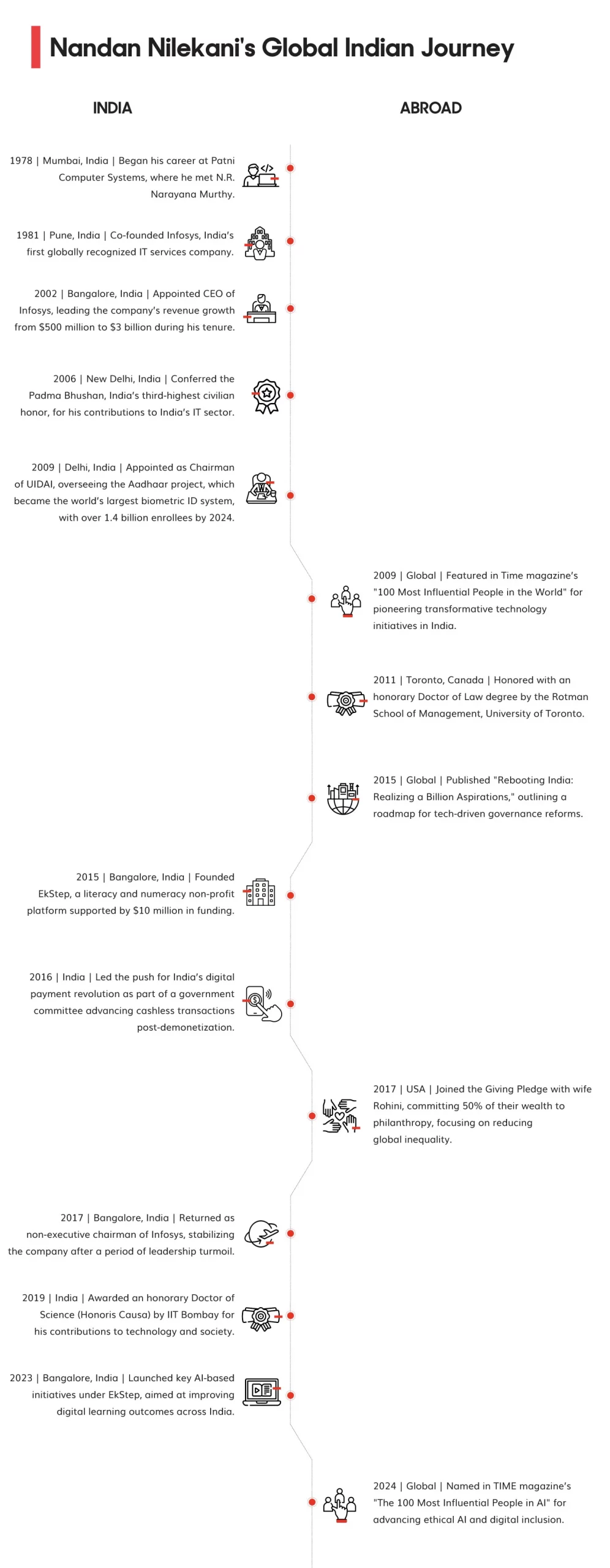
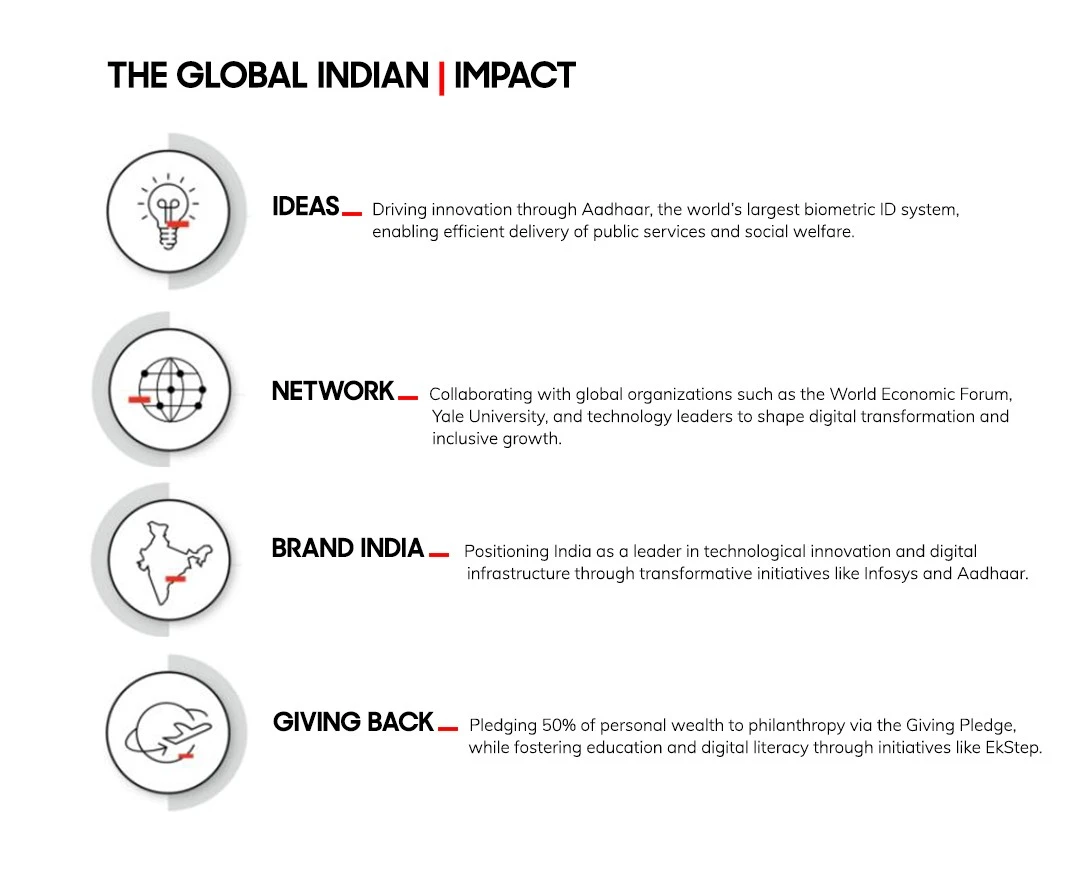

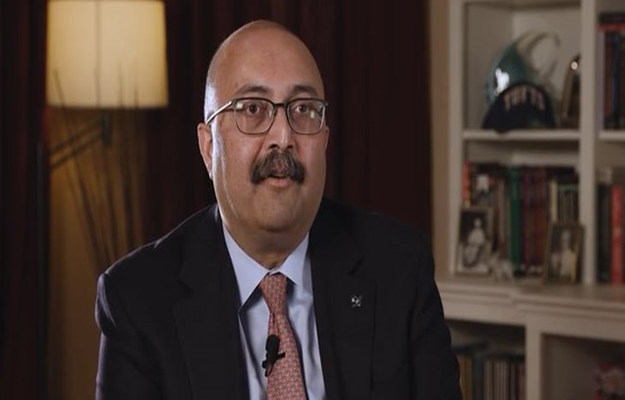 Sunil Kumar is an Indian-origin academician[/caption]
Sunil Kumar is an Indian-origin academician[/caption]
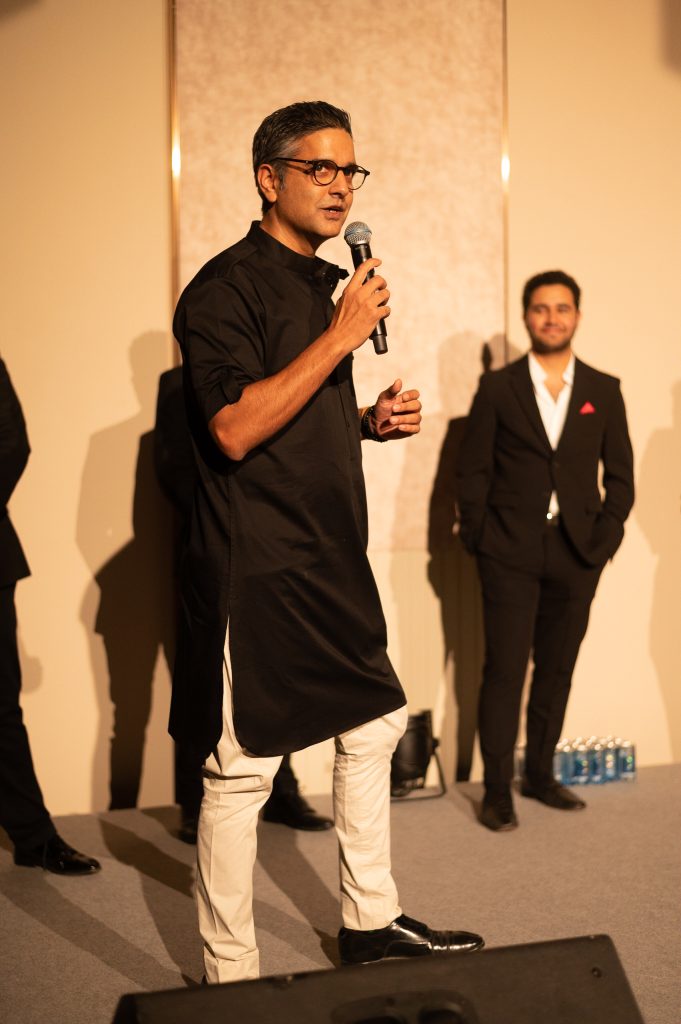
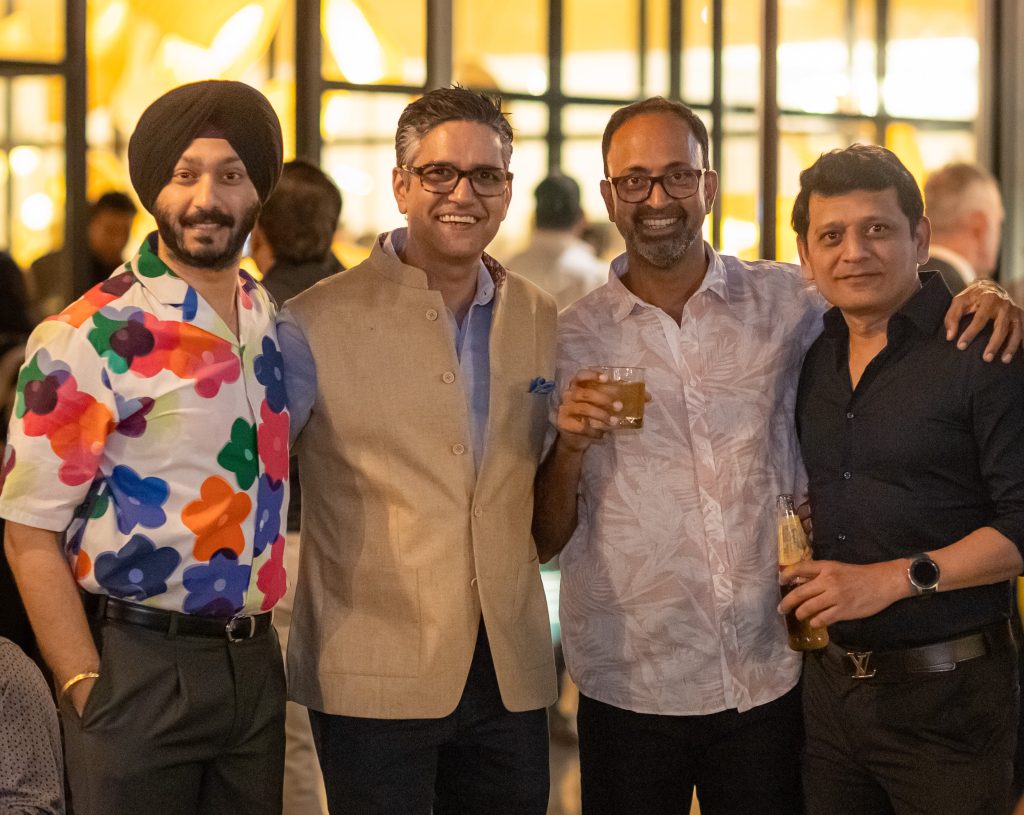
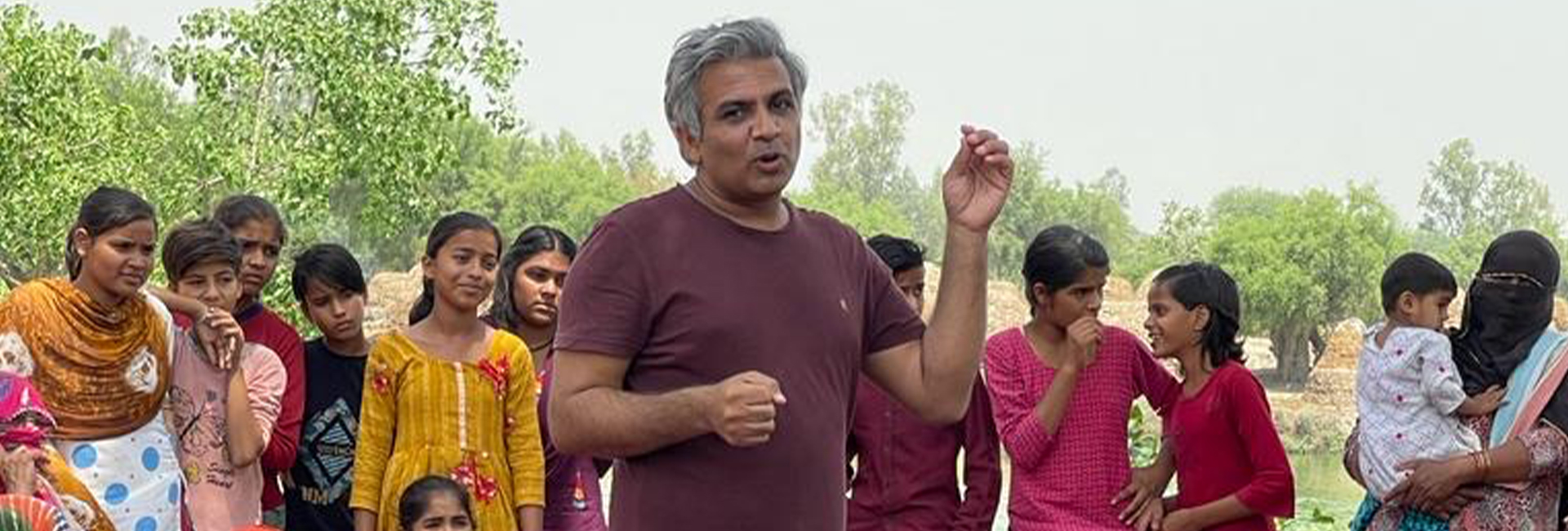
 Sunil Jaglan with his daughters[/caption]
Sunil Jaglan with his daughters[/caption]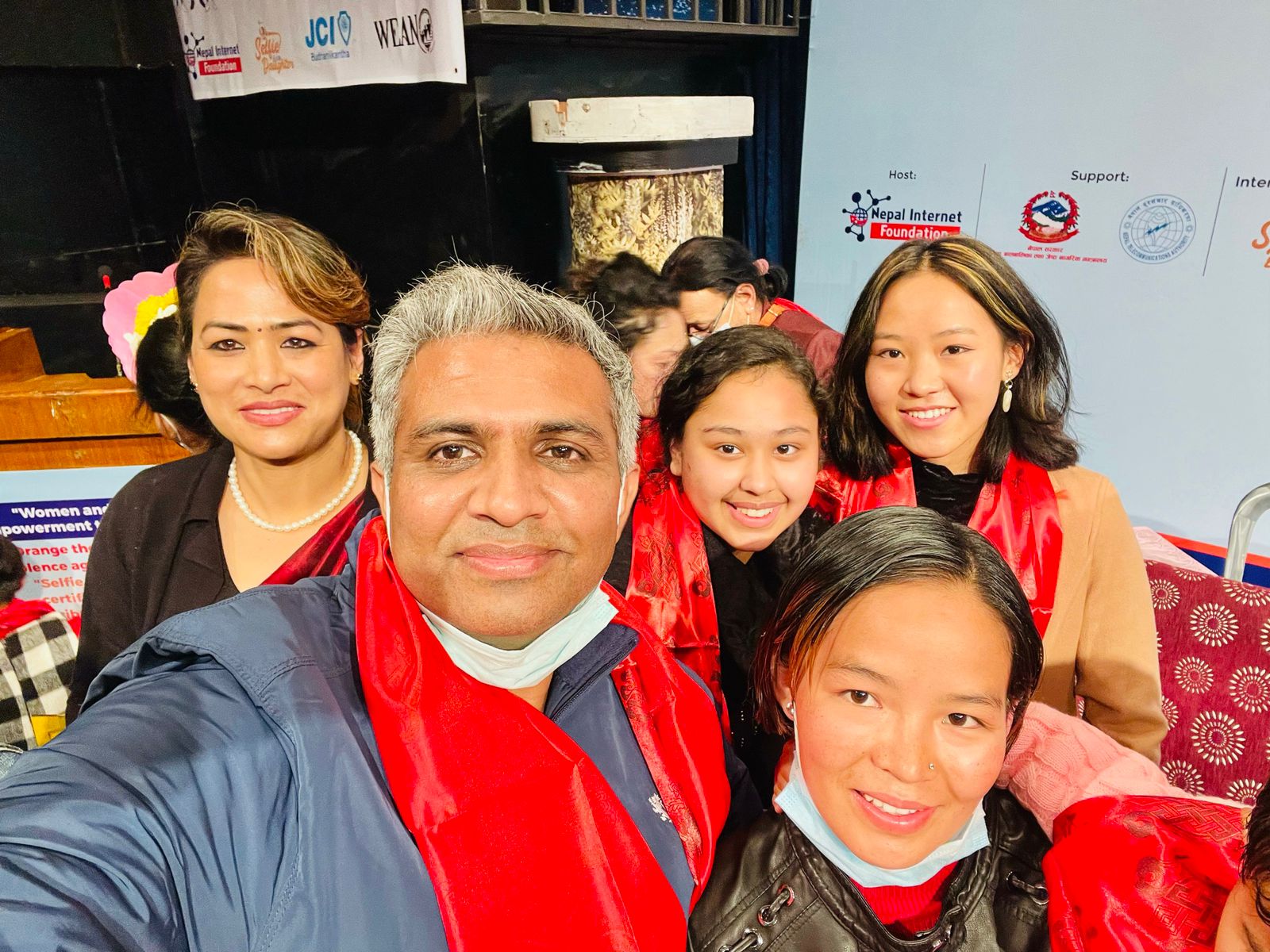
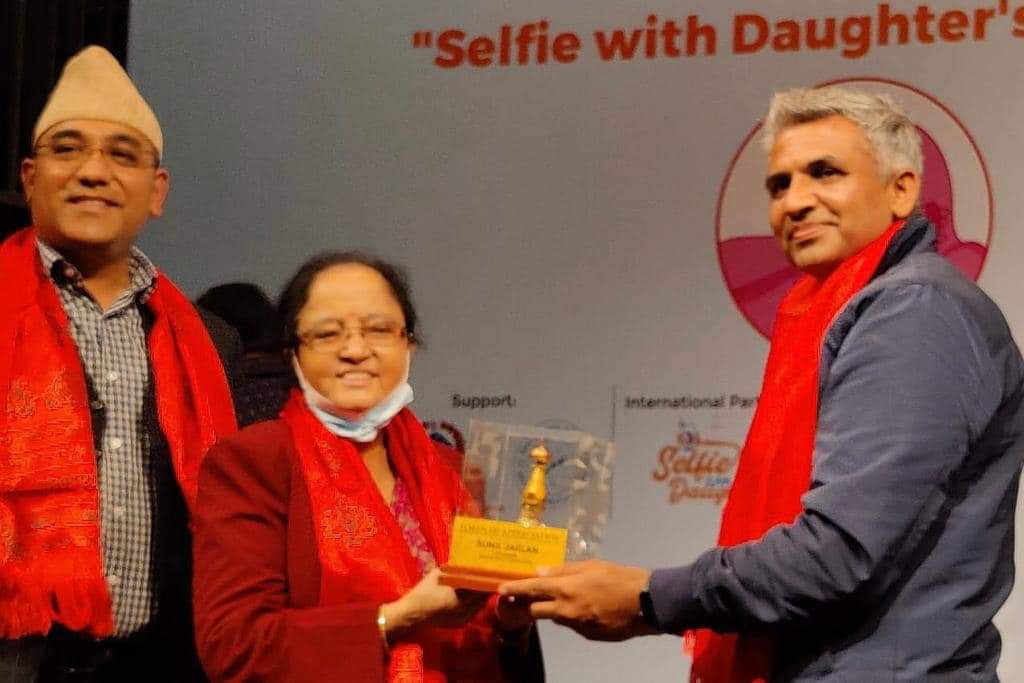

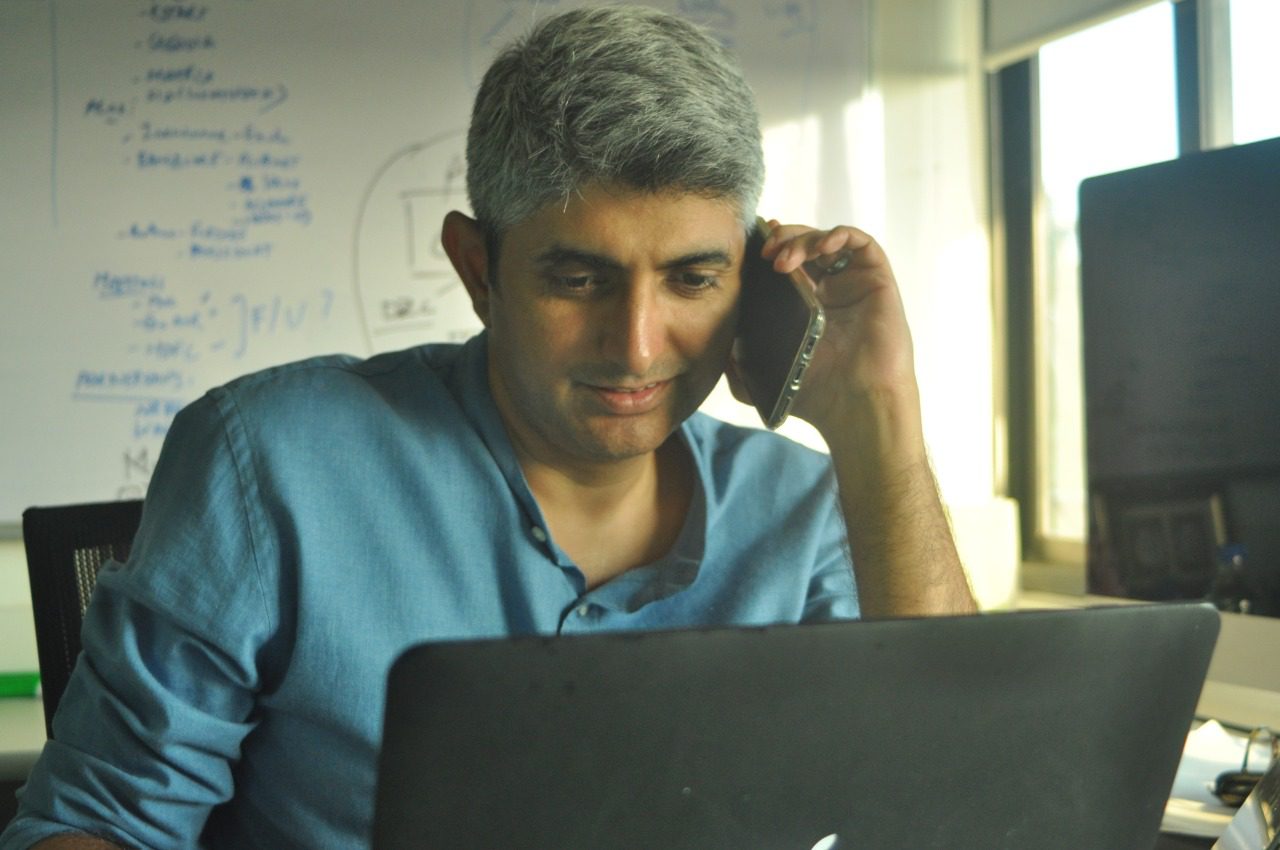 Dr. Amit Malik[/caption]
Dr. Amit Malik[/caption]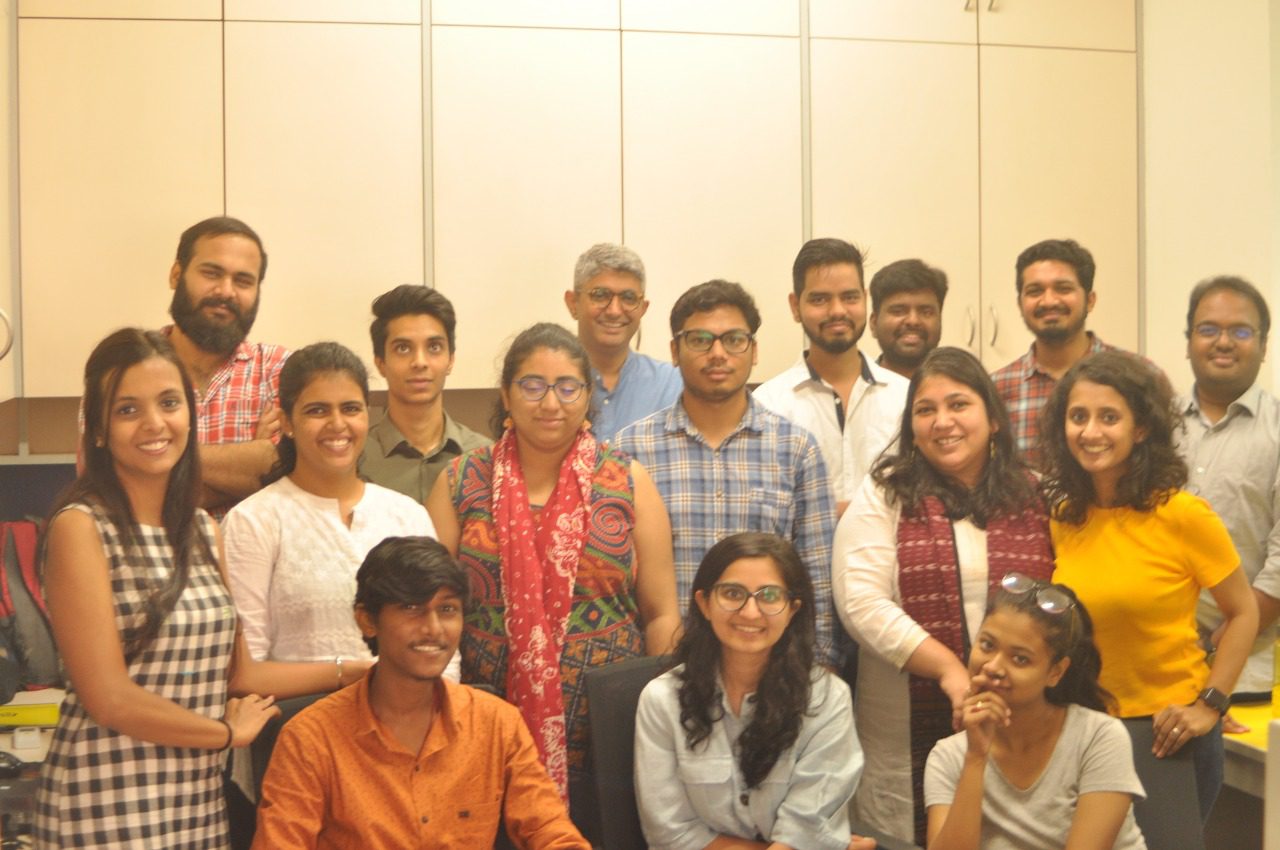 InnerHour Team[/caption]
InnerHour Team[/caption]